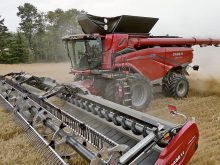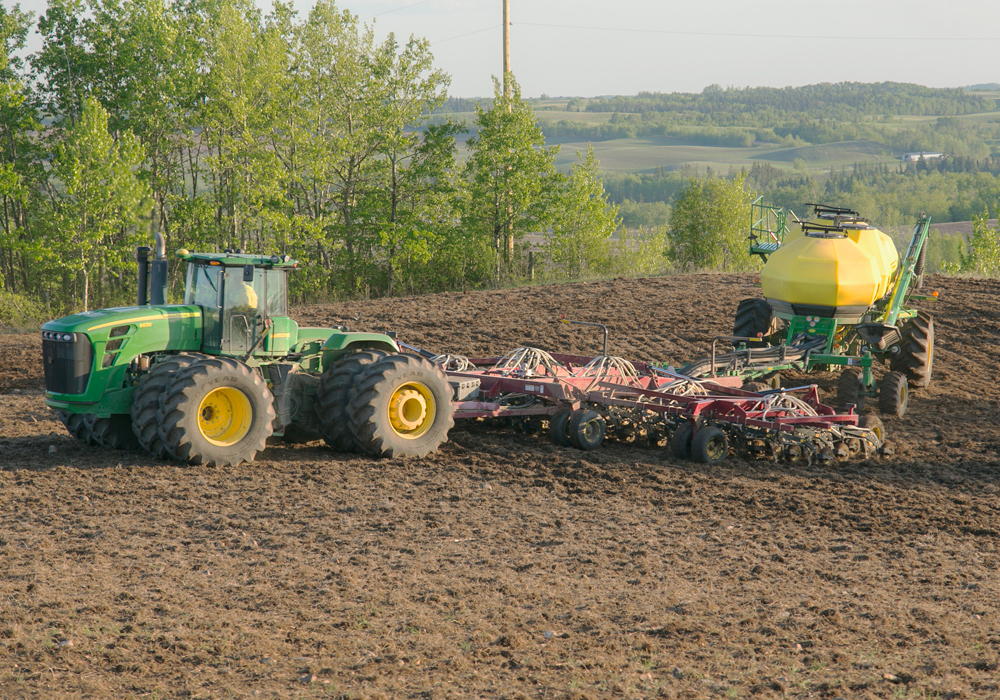Social activist groups and non-governmental organizations are expressing concern that climate negotiators in Copenhagen are embracing flawed technologies as solutions to the world’s climate woes.
More than 160 social activist groups and non-governmental organizations, including Canada’s National Farmers Union, say discussions at the United Nations climate change summit will lead to an action plan and innovation centres that will decide which technologies receive financial and political backing.
This in turn, they say, will speed development of some technologies that pose “grave threats to human health, human rights, rural livelihoods, diverse ecosystems and climate stability.”
Read Also

Taking a look inside Canada’s seed regulatory overhaul
ive years, eight task teams, 130 volunteers and 135 recommendations later, Canada’s seed industry is still waiting for meaningful regulatory change.
Genetically modified crops and biofuel are two of the “risky or hazardous” technologies they believe may receive an “unwarranted boost” through agreements made in Copenhagen.
“The text is silent on evaluating controversial new technologies which claim to be climate-friendly but are in fact harmful,” the group said in a news release.
Paul Nicholson, a spokesperson for La Via Campesina, an international peasant movement, said technologies such as GM crops have had extensive negative impacts on peasants and the environment.
Not according to a recent study of western Canadian farming practices.
“I would have to categorically say that that’s a lie,” said Stuart Smyth, a research associate with the University of Saskatchewan’s agriculture college.
He surveyed 580 farmers about how their farming practices have changed since the introduction of GM canola.
“That data we’ve gathered on Western Canada certainly suggests that genetically modified crops are probably the most environmentally beneficial crop technology being used in agriculture today,” he said.
The study shows that 83 percent of farmers have better water conservation and 86 percent have reduced soil erosion on their land as a result of growing GM canola.
It also shows a marked decline in chemical use. Growers applied 4.7 million kilograms of herbicides on their canola fields in 2006 compared to 8.3 million kilograms on about the same amount of canola in 1995, the year before GM canola was introduced.
“This is where it really starts to get important for the environment,” said Smyth, who will be submitting the results of the study for publication in scientific journals in two or three months.
Farmers, consumers and wildlife benefit from the reduction of chemical use in the fields and runoff contamination of surface water, he said.
“Clearly the ecological impacts of GM crops are far lower than other crops.”
Smyth said 41 percent of the farmers surveyed are growing GM canola on land that used to be subject to soil erosion.
He said that bodes well for peasant farmers in developing countries.
The biofuel sector has also released a new study that counters the claims made by the social activists and NGOs.
The study prepared by (S&T)2 Consultants Inc., an energy and environmental consulting firm, shows world biofuel production, which surpassed 100 billion litres in 2009, reduced global greenhouse gas emissions by 123.5 million tonnes.
That is a 57 percent average reduction compared to the emissions that would have occurred from the production and use of equal quantities of petroleum fuel.
“In light of the ongoing United Nations Framework Convention on Climate Change Conference in Copenhagen, today’s report is evidence that biofuels are and must continue to be on the front line of the climate change fight,” said Bliss Baker, spokesperson for the Global Renewable Fuels Alliance.















